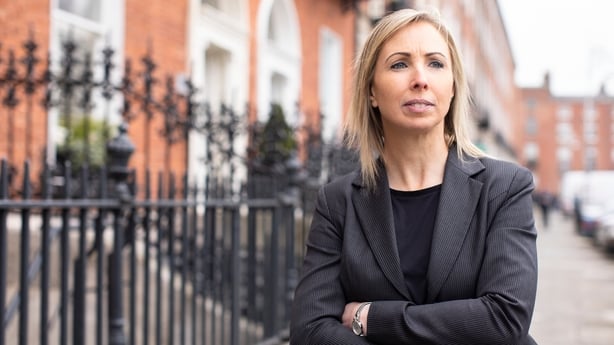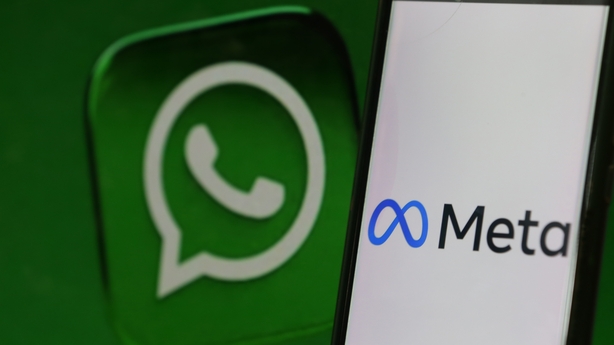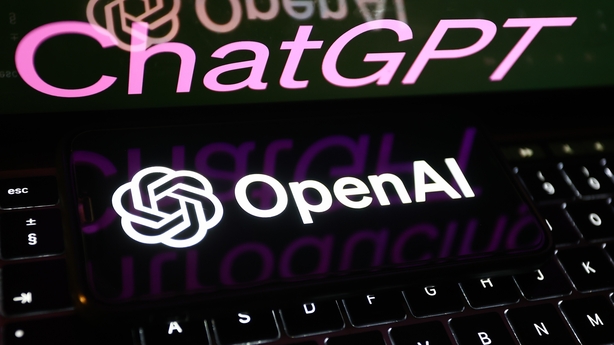"Twitter has not responded in relation to the invitation issued, nor has it been possible to make contact with the organisation by phone."
So went an email to members of the Oireachtas Media Committee in April 2023 informing TDs and Senators that not only had Twitter failed to respond to an invitation to appear before them, it had not even been possible to make contact with the company's Dublin office by phone.
The social media firm’s European headquarters is just around the corner from Leinster House, but it must have started to feel like a very distant place for regulators and legislators after Elon Musk took over Twitter and dramatically cut staff numbers.
In the weeks that followed the takeover, the Irish Data Protection Commission (DPC) expressed concerns about the departures of senior Twitter staff, including the company’s data protection officer.
Publishing her annual report in March 2023, the Data Protection Commissioner Helen Dixon said that there had been a breakdown in communications with Twitter's Dublin office.
It appeared that, like the staff in Leinster House, when the DPC tried to call Twitter, nobody would pick up the phone.
The commissioner said she was concerned that Twitter had rolled out its Twitter Blue paid subscription plan in the European Union without consulting her office.

"I think this week we have seen something of a breakdown of communication with the Twitter office in Dublin," Ms Dixon said at the time.
"When Elon Musk took over, and new features of the service - such as subscriptions for the blue tick were announced - we were assured that these would not be rolled out in the EU market and we would have an opportunity to engage with Twitter in Dublin before it was rolled out but this is no longer the position," she added.
If a company chooses to set up a base in a particular country it signs up to a set of local rules and expectations, not least responding to officials when they try to make contact, but in Twitter’s case a change of ownership and mass layoffs appeared to sever those traditional connections.
The staff cuts at Twitter did not just lead to communications breakdowns, the manner in which the redundancies were announced was deeply upsetting for employees, many of whom found out by email that their security passes and logins would no longer work and that their jobs were gone.
The mass layoffs spooked advertisers worried about what kind of content their products would be appearing alongside on a platform that had slashed the numbers of people monitoring the site.
Twitter was an extreme example of the tech layoffs we saw over the last year, both in the way they were handled and the resulting fallout. But job cuts at other tech firms have also had a profound impact and have provided an indication of the direction that social media firms are travelling.
Typically, the global headcount reductions announced by tech companies have been in the region of 5% - 10% but thankfully, in many cases, those percentages have not been fully applied in Ireland.
Much of that is down to the kinds of roles that exist within these companies' Irish operations. People working in artificial intelligence (AI), cybersecurity or data analytics have valuable skills and due to talent shortages in those areas many companies have been slow to let such staff go.
In May 2023, Meta announced that around 490 jobs would be cut at its Irish operation with redundancies across a number of teams including finance, sales, marketing, analytics, operations and engineering.
It followed 320 job cuts in November 2022 at the parent company of Facebook, Instagram and WhatsApp.

The 490 redundancies came on a difficult week for Meta. Just days earlier, it had been hit with a record €1.2bn fine imposed by the Irish Data Protection Commission (DPC) for breaches relating to the transfer of personal data from the EU to the US. As part of the decision, Meta was ordered to suspend transatlantic data transfers and was given five months to comply.
The ruling followed an investigation by the DPC into the legal tools used by Meta to transfer Facebook user data from the EU to the US. Meta vowed to appeal what it described as a flawed and unjustified decision.
Read more
Misinformation and disinformation concerns on the rise, study shows
Report on news consumption makes for fascinating read
The May 2023 redundancies at Meta were part of a global job cuts announcement made three months earlier by CEO Mark Zuckerberg, who said the company's workforce would reduce by around 10,000 people.
He spoke about the need to make his company a leaner, more technology-driven organisation. He highlighted the importance of the metaverse - the virtual reality world in which he has invested billions of dollars hoping it will be the next big thing.
He also made reference to a greater focus on AI. The recent development of powerful large language models like ChatGPT has seen a rush by big tech companies to embrace the technology and come up with their own superior versions.

The rapid pace of evolution in AI is sparking concern among governments and regulators around the world who are trying to understand and police new systems and tools that could be exploited by cybercriminals or used to spread disinformation.
Advances in AI are also making news organisations question content in ways they never thought imaginable. Is that photo of the Pope wearing a puffer jacket real? Is that video of a politician making a controversial statement just a very convincing 'deep fake'? Was that opinion piece written by a human being or by a chatbot?
The EU is rolling out new rules in the areas of disinformation and artificial intelligence. It comes as social media platforms face ongoing criticism for being too slow when it comes to removing harmful content and instead putting clicks, shares and advertising revenue ahead of public safety.
If those who control the delete button fail to remove damaging content in a timely fashion, then efforts to counteract disinformation will struggle.
While tech firms ramp up hiring in the development of virtual reality worlds and AI systems, let's hope they don't do so at the expense of staff in other areas such as content moderation and data protection.
New rules and regulations will have limited impact if there is no one to answer the phone when the watchdogs come calling.
This article appears in the Reuters Digital News Report Ireland 2023 which is being released today.







